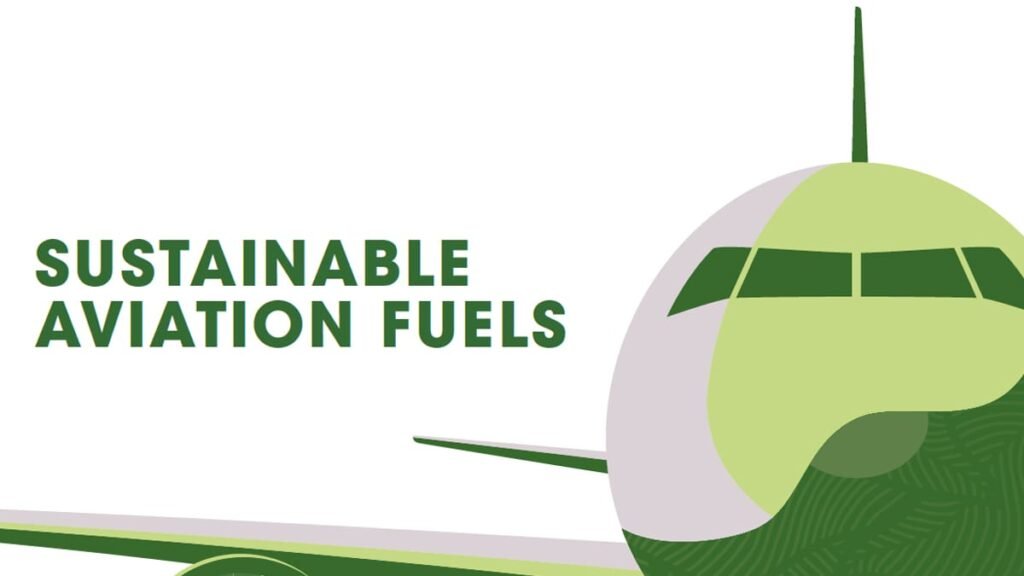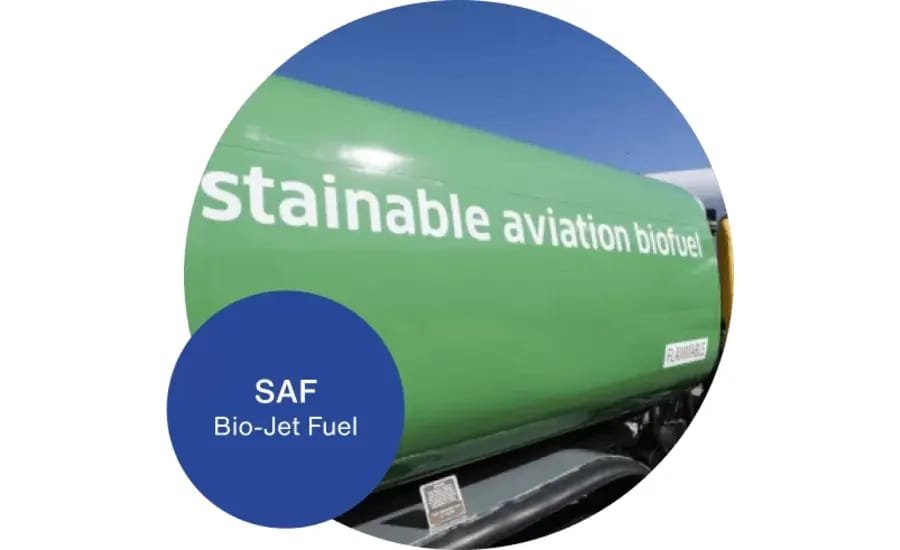
India is getting ready to become a global exporter of Sustainable Aviation Fuel (SAF), supported by its large stock of biomass and a new government-backed study.
At the launch of the study, conducted with the International Civil Aviation Organization and supported by the European Union, Civil Aviation Minister Ram Mohan Naidu called SAF a practical and immediate solution to reduce aviation-related carbon emissions by up to 80 percent compared to regular jet fuel.
India’s strength lies in its natural resources. The country produces over 750 million metric tonnes of biomass and nearly 230 million metric tonnes of surplus crop residue every year, which can be used to make SAF. Used cooking oil is also seen as another strong source for producing aviation-grade biofuel.
The feasibility study covers every aspect of scaling up SAF production in India. It looks into raw materials, infrastructure, policies, and global examples, while suggesting a roadmap that fits India’s own economic and environmental needs.

India has set clear blending targets. The country aims for 1 percent SAF in aviation turbine fuel by 2027, increasing to 2 percent by 2028, and reaching 5 percent by 2030. These goals also match the global emission reduction standards set by ICAO.
Work has already begun on the ground. Indian Oil Corporation’s Panipat refinery has become the first in India to get international certification for SAF production. Meanwhile, COTECNA Inspection India has been approved as the first SAF certification body in the country. Air India has also signed an agreement with Indian Oil to work on SAF supply.
According to Minister Naidu, scaling up SAF will bring multiple benefits. It can reduce India’s crude oil imports by 20 to 25 million tonnes each year, cut carbon emissions, and create a new value chain that benefits farmers by using agricultural residue. He added that the shift to SAF will also give India a chance to become a world leader in green aviation.

